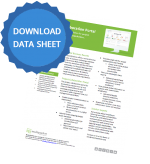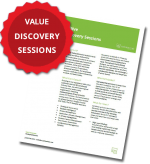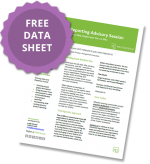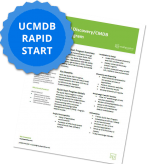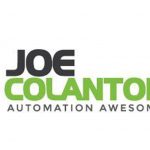Top 3 Reasons for an RPALM Assessment & Discovery Workshop
By: Matt Angerer
The RPALM Assessment and Discovery Workshop is designed to provide your organization with recommendations for improving the efficiency and effectiveness of your IT department with a structured and focused approach to defining your ALM strategy. As described in a recent TestTalk podcast, hosted by Joe Colantonio, ResultsPositive leverages a holistic approach that focuses on analyzing and assessing quality testing maturity levels from the perspectives of people, process, and technology. By doing so, we’re able to help you define the right ALM approach to support your Hybrid, Scrum, and Waterfall application transformational goals. Today’s rapidly evolving IT landscape requires you to see the forest through the trees in order to wisely invest time and resources. We’ve compiled 5 key reasons that you should consider either a full-blown RPALM assessment or a mini workshop to help shine a light on improvement opportunities.
- RPALM focuses on an integrated lifecycle approach from strategy to operations. We’re not simply looking at how well your SMEs are manually testing an application. It’s an umbrella approach that considers all aspects of your delivery lifecycle, including many DevOps principles recently introduced and adopted by top practitioners.
- We understand and promote the value of DevOps and Scrum Principles in improving both velocity and quality. However, we assert that fundamental change is rooted in the philosophy of continuous improvement, centered around quality assurance principles from waterfall practitioners. One such method is the use of risk-based testing to determine the test and automation strategy during the requirements phase of a project. We teach your QA Leads how to create effective risk-based testing policies.
- Agile is light on process and templates, but QA Leads know and understand the value of reusing testing artifacts throughout the product lifecycle. RPALM is designed to uncover inefficiencies and shine a light on any opportunity for leveraging artifacts across product development. This helps to drive efficiency within your department and ultimately improve software quality.
An integrated ALM solution (People, Process, and Tools) requires an implementation roadmap that can be executed on. Listen to our recent podcast with Joe Colantonio for a more in-depth analysis of how we can help your organization see the forest through the trees.
Subscribe for the latest RP Blog Updates:





